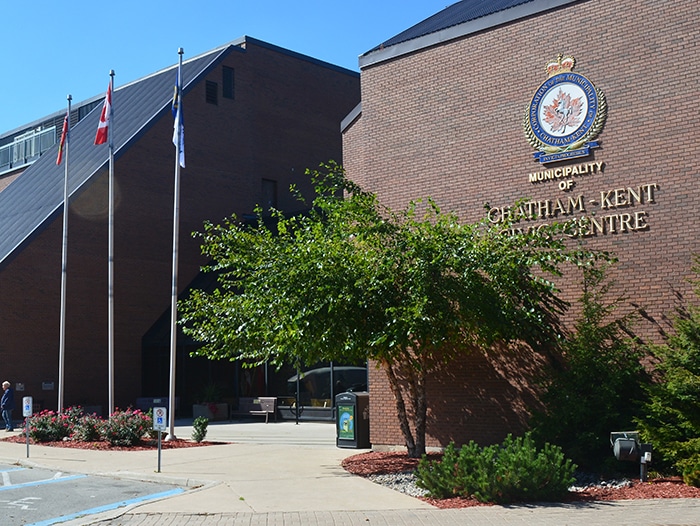
Here is our prediction on what will occur in terms of a re-examination of the size of Chatham-Kent council: nothing.
Nada.
Zilch.
Sure, council has asked a consultant to examine the format that features 17 councillors and one mayor. But that report will eventually come back before council, where it will be killed.
Why? Think of the last time you saw politicians make a decision that could potentially put them out of work?
For us, the only one that immediately jumps to mind was back in 1996 in Australia. Following a horrific mass shooting, the conservative federal government stepped in to quickly enact strong gun-control laws.
Many politicians there paid the price for doing what was right (Australia has not seen any mass shootings since).
But here in North America, it is all about job preservation. Too often, it trumps doing what is best for the public.
That was the case in 2015 when then-Chatham Coun. Derek Robertson brought forward a motion to cut back on council size and have all councillors represent a mix of rural and urban constituents. He wanted a consultant to review it, but all rural councillors at the time preferred to retain their own fiefdoms.
At least this time around North Kent Coun. Rhonda Jubenville got the matter in the hands of a consultant, and has several other rural councillors backing her.
Still, we remain very skeptical.
The job-security-seeking naysayers were quick to state it would save only a little money for each ratepayer.
Some councillors said they were concerned Chatham, with 45 per cent of the population, could have too much of a say if council were to be overhauled and reduced.
None of them made mention of the fact Chatham has essentially been underrepresented around the table since amalgamation. Six of 17 equates to about 35 per cent.
That disparity has left us with no tree-cutting bylaw, despite having the lowest forest cover in the province, and a lower agricultural land tax rate than most of the rest of the province, despite the fact we boast some of the most fertile land.
Certain interest groups appear to have the ears of certain rural councillors. A shift in council size and representation could change all that, and put some of these councillors out of a very well paying part-time job.






